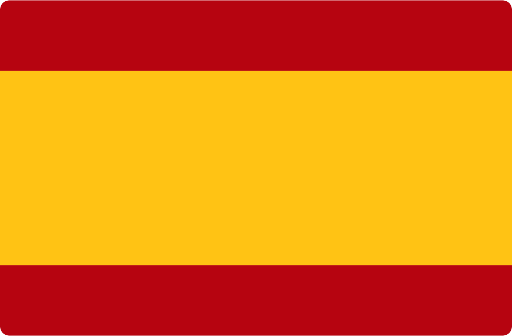
Spanish Parliament & Senate
Country: Spain
PFZ type: Government Grounds & Facilities
The Spanish Congress and Senate have publicly announced that they will take measures against the proliferation of single-use plastics in their facilities before the deadline set by the EU Directive curve the use and production of SUPs in their premises, and ahead of the implementation of the Spanish waste law, which will transpond the EU Directive. This public announcement came as a result of letters sent by Oceana to both the Congress and the Senate, asking them to create a plastic-free zone in their buildings and to lead by example in regard to other public institutions.
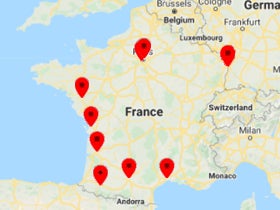
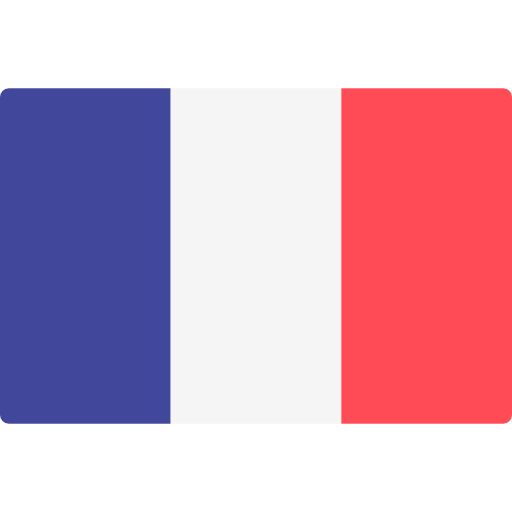
Cantines sans Plastique
Country: France
PFZ type: Association
Cantine sans Plastique was created in 2018, to give voice to the parents that were warning about plastics in their children's schools, at the claim of "no plastic in our children's plates". It is supported by around ten collectives such as the Federation of Parents of Public Education Students (PEEP in French) and other health and environmental associations, and they have succedded to eliminate or reduced the amount of plasics in multiple school cantines across France.
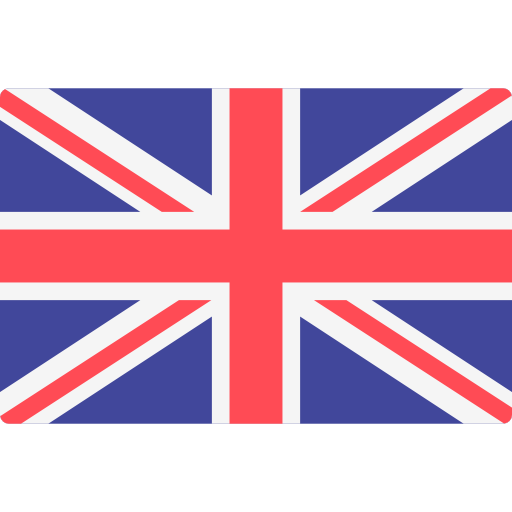
Plastic-Free Community - Penzance
Country: United Kingdom
PFZ type: Municipality
In 2017, Plastic Free Penzance was the first town to minimise SUPs in the UK. They followed the Surfers Against Sewage iniciative called "Plastic Free Communities", which today counts with over 100 certified plastic free locations, and more than 600 in progress in the UK.
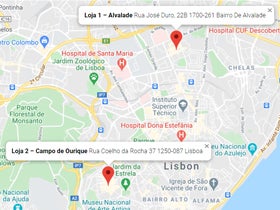
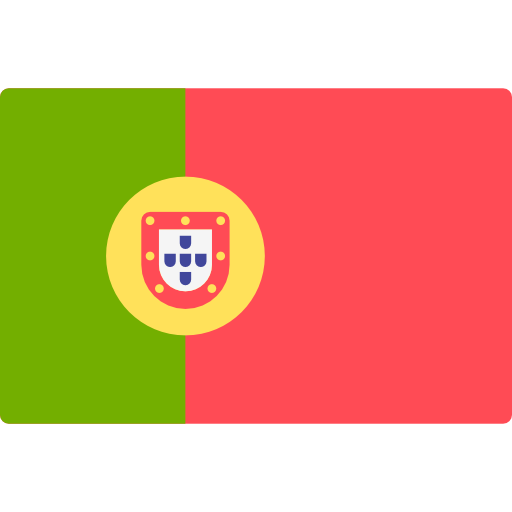
Plastic-free Supermarkets - María Granel
Country: Portugal
PFZ type: Business
Since 2013, Maria Granel is the first Zero Waste supermarkets in Portugal and one of the pioneers in Europe selling in bulk and dispense unnecessary package.
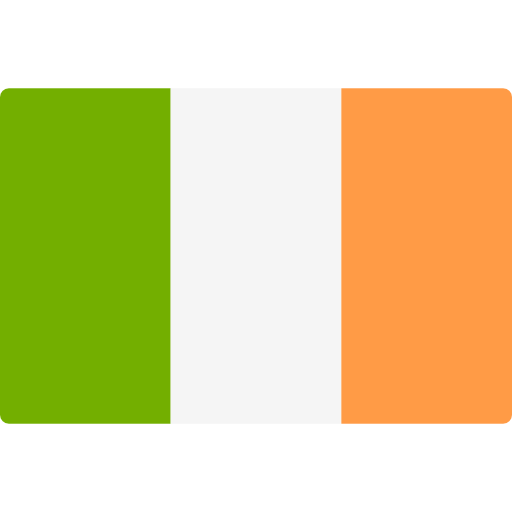
Newpark Comprehensive School
Country: Ireland
PFZ type: School
In 2019, Newpark School was the first one to become plastic-free school in Ireland, following the porgram Plastic Free 4 Schools by Change by Degrees, which supports primary schools in running a plastic-free campaign with their students.
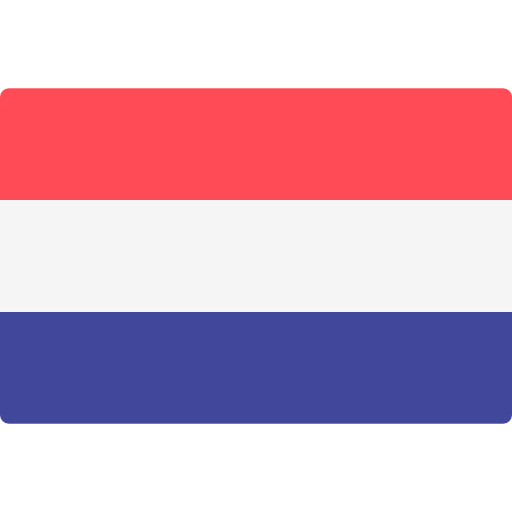
Refillables Law
Country: Netherlands
PFZ type: Country-wide iniciative
The Netherlands is introducing new policy that regulates a deposit return system by 2021, that will apply to plastic beverage bottles of less than 3 liters. Deposits will allow costumers to return they plastgic bottles with a revenue of 15 cents.


Plastic-free Beach Designation
France
PFZ type: National iniciative
In 2019, France introduced a new charter for beaches without plastic waste with 15 commitments to be made by coastal municipalities. The objective is to encourage mayors to fight against plastic wate presenton the beaches, though citizen beach cleanings, encouraging nearby traders to stop using plastic items, the instalation of water fountains, etc. As a result of the commitments and actions, the municipalities will obtain a high landing of the label "Beach without plastic".

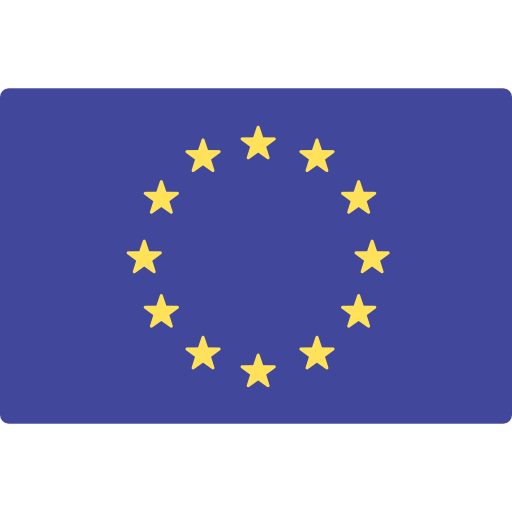
Plastic Waste Free Islands - IUCN
Target countries: Cyprus, Spain
PFZ type: Pilot programme
As islands' characteristics make them particularly vulnerable to environmental issues, the IUCN has started the project Plastic Waste Free Islands Med - included in their "Close the Plastic Tap" Programme - that aims to address plastic leakage from islands. The project grups together key stakeholders from governments, private sector and civil society to find effective and quantificable solutions to plastic waste incorporating policy, business operations, and citizen behaviour changes, starting from two pilot cases: Menorca and Cyprus. On this two cases, the new Marine Plastic Hotspotting Methodology will be applied in order to assess plastic leakage distribution, abundance, types, sources, pathways and sinks. This methodology will be able to identify plastic leakage hotspots (product/process/place) and provide evidence-based guidance on which to take informed actions.

Balearic Islands - Waste Law
Country: Spain
PFZ type: Regional
The Government of the Balearic Islands aproved in 2019 a waste law that sets a series of regulations that goes beyond those established by the European Commission (EC 2019/904). By 2020, the waste generated will have been reduced by 10% compared to 2010, and by 20% in 2030. The law includes the replacement of multiple SUPs such as plastic tableware, drinking straws, ear buds and candy buds, and also adding the trays destined to package food products, which will have to be compostable by 2020, or the plastic rings that hold packages of cans or bottles of drinks, which will have to be made of biodegradable material from the same year.

Green Deal Waste-free Festivals
Country: Netherlands
PFZ type: National initiative
On average, 2.33 kilograms of waste per person is left behind on the festival grounds in The Netherlands. In 2015, festival organisers, the foundation Nederland Schoon and the Dutch goverment started a project in order to prevent litter generated in festivals by reducing the waste streams and improving their separation and processing. They have lauched the 'Green Deal', by which the signatories want to tackle the waste problem in an efficient and effective way. During various pilots, such as the DGTL Festival, they examined which measures do and do not work and under what conditions, and have created a 'Toolkit waste-free destivals - From waste to resources' so that other festivals can emulate what has worked elsewhere.

Travel without Plastic
Country: Spain
PFZ type: Corporation
This organization, based in the Canary islands in Spain, is supporting small and large hotels since 2017, assessing them on how to reduce or eliminate SUPs. They have created a toolkit for phasing out SUPs in all the hotel's facilities and provide proffesional assessment to hotels that want to get involve in the plastic-free process.